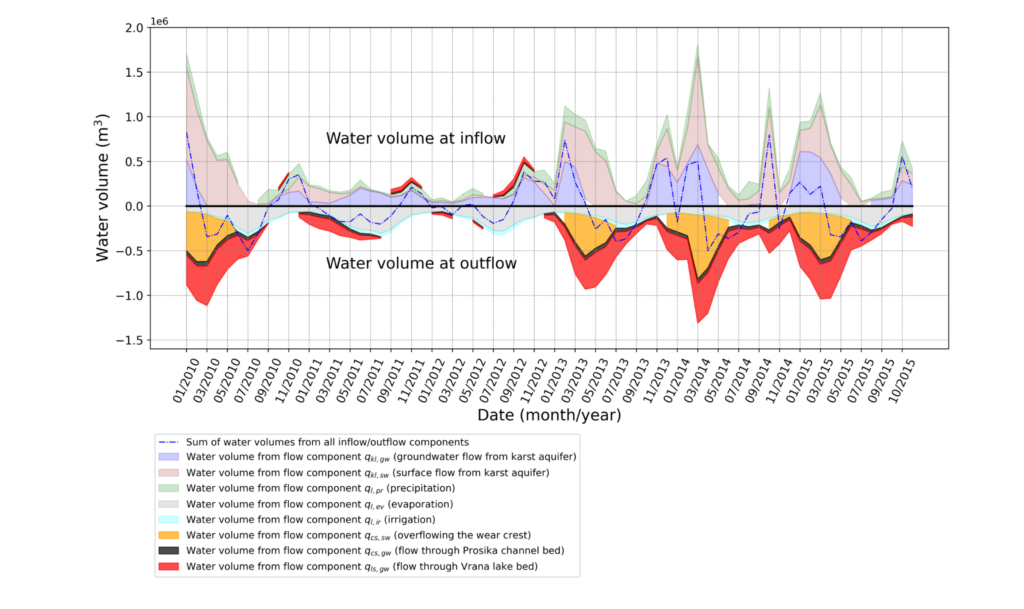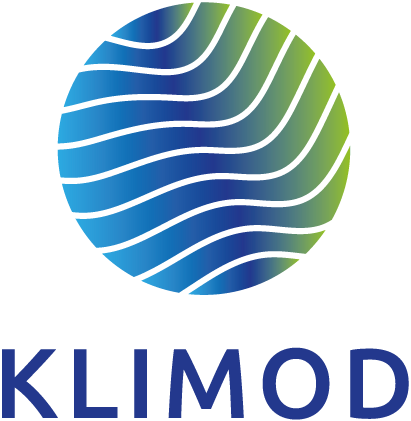Travaš, V., Zaharija, L., Stipanić, D., Družeta, S.
Abstract: To examine the effectiveness of various technical solutions for minimizing the adverse effects of salt water intrusion in lake Vrana, Croatia, a reliable mathematical model for describing the exchange of fresh and salt water between the lake and its surroundings is needed. For this purpose, a system of two ordinary and nonlinear differential equation is used. The variable coefficients represents hydraulic conductivity functions that are used to quantify groundwater flow and should be appropriately estimated by relying on data obtained by in situ measurements. In the abstract space of all possible hydraulic conductivity functions, the method of particle swarm optimization was used to search for functions which will minimize the difference between the predicted (modeled) and realized (measured) water surface elevation in the lake through the time span of 5 years (which includes relevant hydrological extremes – droughts and floods). The associated procedure requires the parameterization of conductivity functions which will define the number of dimensions of the search space. Although the considered mass exchange processes are significantly nonlinear, and the parametrization of hydraulic conductivity functions can define a search space with relatively large number of dimensions (60 dimensions were used to estimate the hydraulic conductivity functions of Vrana lake), the presented example confirms the effectiveness of the proposed approach.



